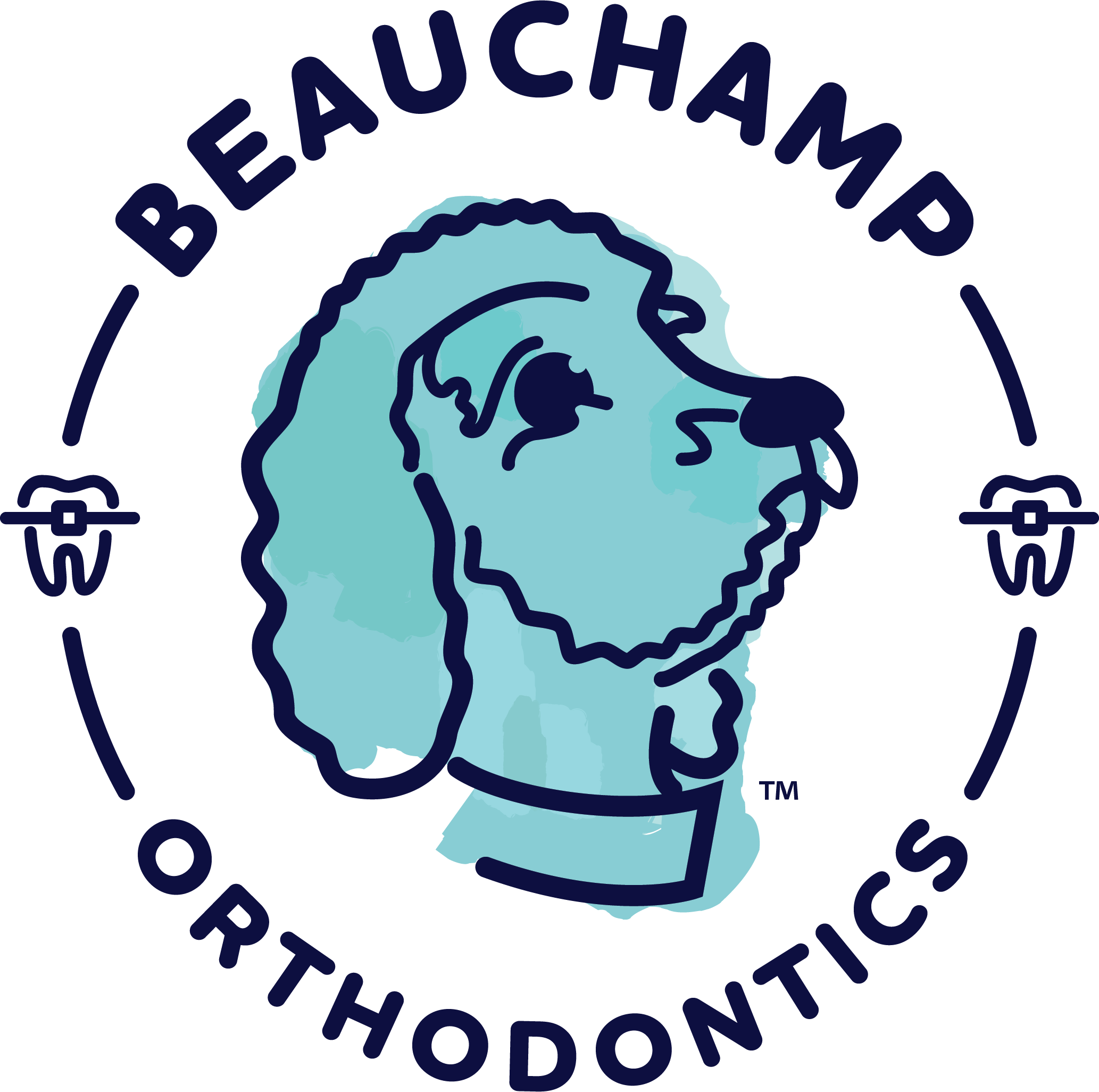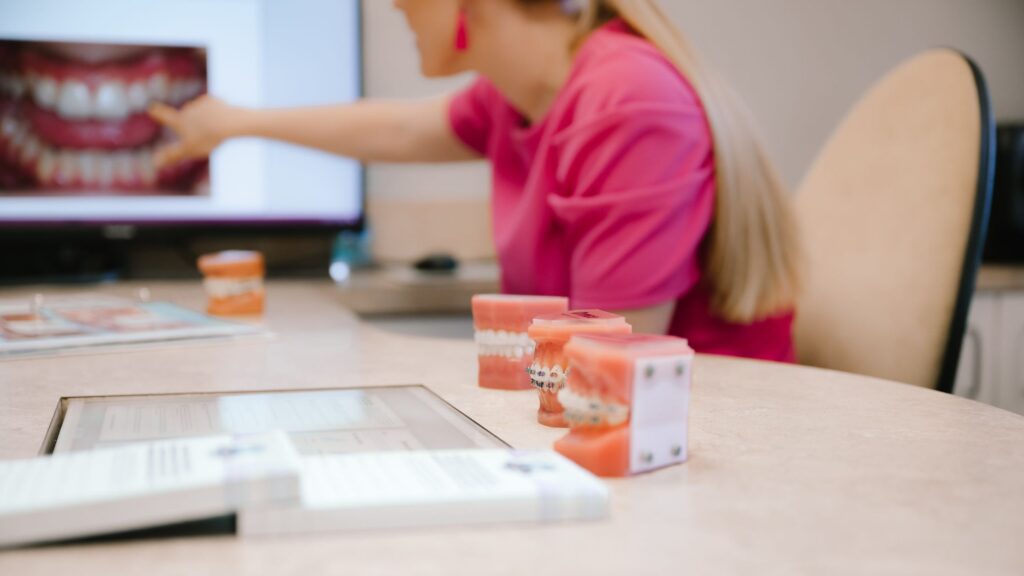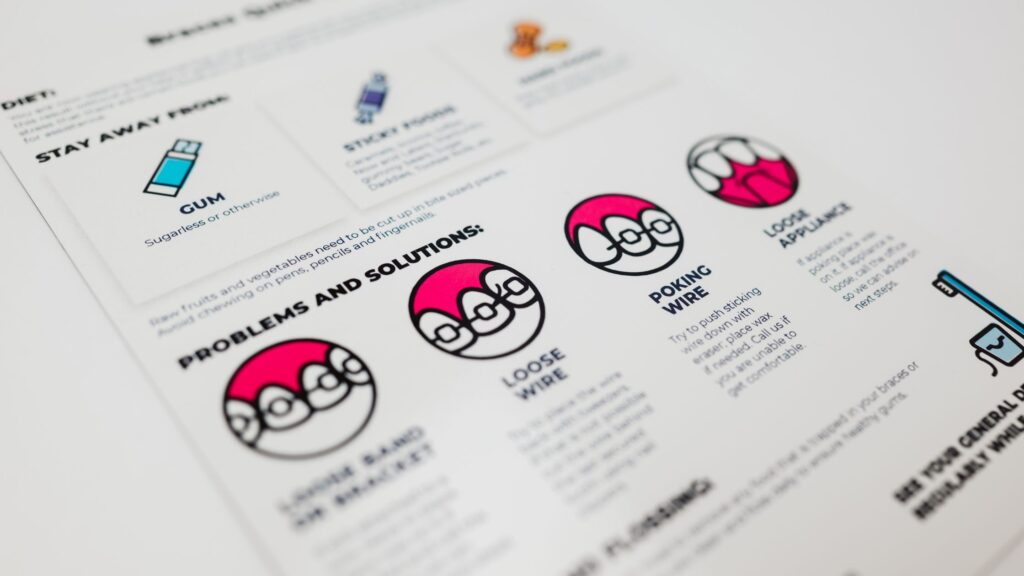Everyone is familiar with “the dentist,” but not all oral health problems can be handled by a general dental practitioner. For this reason, you may need to see an orthodontist – and your general dentist may even recommend one to you.
However, you should also be willing to do some research and select the local orthodontist that is right for you.
Here are the basics of what an orthodontist is, what he or she does, and how to decide on which one to trust with your oral health.
What Exactly Is An Orthodontist?
An orthodontist is an oral health specialist specifically trained to deal with a wide range of tooth, jaw, and periodontal problems. They work both to correct and to prevent “orthodontic” problems in patients of all ages.
Most people think of metal braces when they think of seeing an orthodontist and associate this with children and teenagers, but orthodontists cover a much wider range of expertise. And again, they treat people of all age groups.
Tooth misalignments (called “malocclusions” by dental professionals) are the most common issues that orthodontists deal with from day to day. But they also may handle periodontal disease, tooth extractions, correction of jaw abnormalities, and more.
Reasons You Might Visit An Orthodontist’s Office
There are many common oral health issues that may require one to visit a local orthodontist. While we cannot list them all here, here are 4 of the most common ones:
1. To Correct Tooth Misalignment.
Orthodontists are adept at realigning tooth malocclusions of all sorts. This includes overbite, underbite, crossbite, overcrowding, spacing, and more. Traditional braces or Invisalign® clear aligners can gradually nudge teeth into proper position over a period of months or years.
Crooked teeth can easily chip or scrape the enamel off of other teeth due to a misaligned bite pattern. Tooth misalignments also cause difficulties in chewing food and/or pronouncing words. Malocclusions certainly affect the look of your smile and are often a major concern for this reason – especially (but not exclusively) to teenagers and young adults.
A good local orthodontist will be able to accurately assess the exact nature of any tooth malocclusions you may have and create a step-by-step action plan to restore your smile. An experienced and up-to-date orthodontist should also be able to offer you multiple options in how to correct most alignment problems.
2. To Correct Problems With The Jaw
Not only teeth but the jaw itself may be an issue when it comes to orthodontic care. A cause-effect action can work in either direction or both:
- An out-of-position or too small/large jawbone may cause teeth to become misaligned.
- Misaligned teeth may affect the shape and condition of the jaw.
One common condition of the jaw is called TMJ (temporomandibular joint) disorder. TMJ disorder is caused by an inflamed or injured temporomandibular joint, which is the joint that connects the lower jaw to the skull. Therapy or even surgery may be required to fully correct TMJ disorder and other problems with the lower and/or upper jawbone, joints, and muscles.
However, orthodontists also have non-surgical methods at their disposal and will only resort to surgery if non-invasive treatments prove unsuccessful. Plus, your jawbone has to be done growing in most cases for corrective surgery to be appropriate. “Headgear” is often used to help adjust a misaligned jawbone at the same time that dental braces are being used to realign misaligned teeth.
How Do I Choose The Best Local Orthodontist?
There are a number of important factors to keep in mind when you are looking for a local orthodontist who can serve your needs and those of your whole family.
- Location. Find a conveniently located office since you may need to go there often enough during, say, a period when you or your child is wearing braces.
- Education. Be sure your orthodontist has attended and graduated from orthodontic school. They should also complete an orthodontic residency program for added instruction and it’s even better if they opted to become board-certified.
- Experience. Ask about how many years of experience your local orthodontist has and about how diversified that experience has been. Look for an orthodontist with a wide range of expertise.
- Reputation. Check out online reviews and get feedback from past and current patients. A good local orthodontist will have a strong local reputation.
- Customer Service. Last but not least, expect friendly, professional customer service and good communication from your local orthodontist’s office.
To learn more about how an orthodontist can help you maintain optimal oral health or to talk to a local orthodontist in the Central Florida area, contact Beauchamp Orthodontics today for a free initial consultation.



